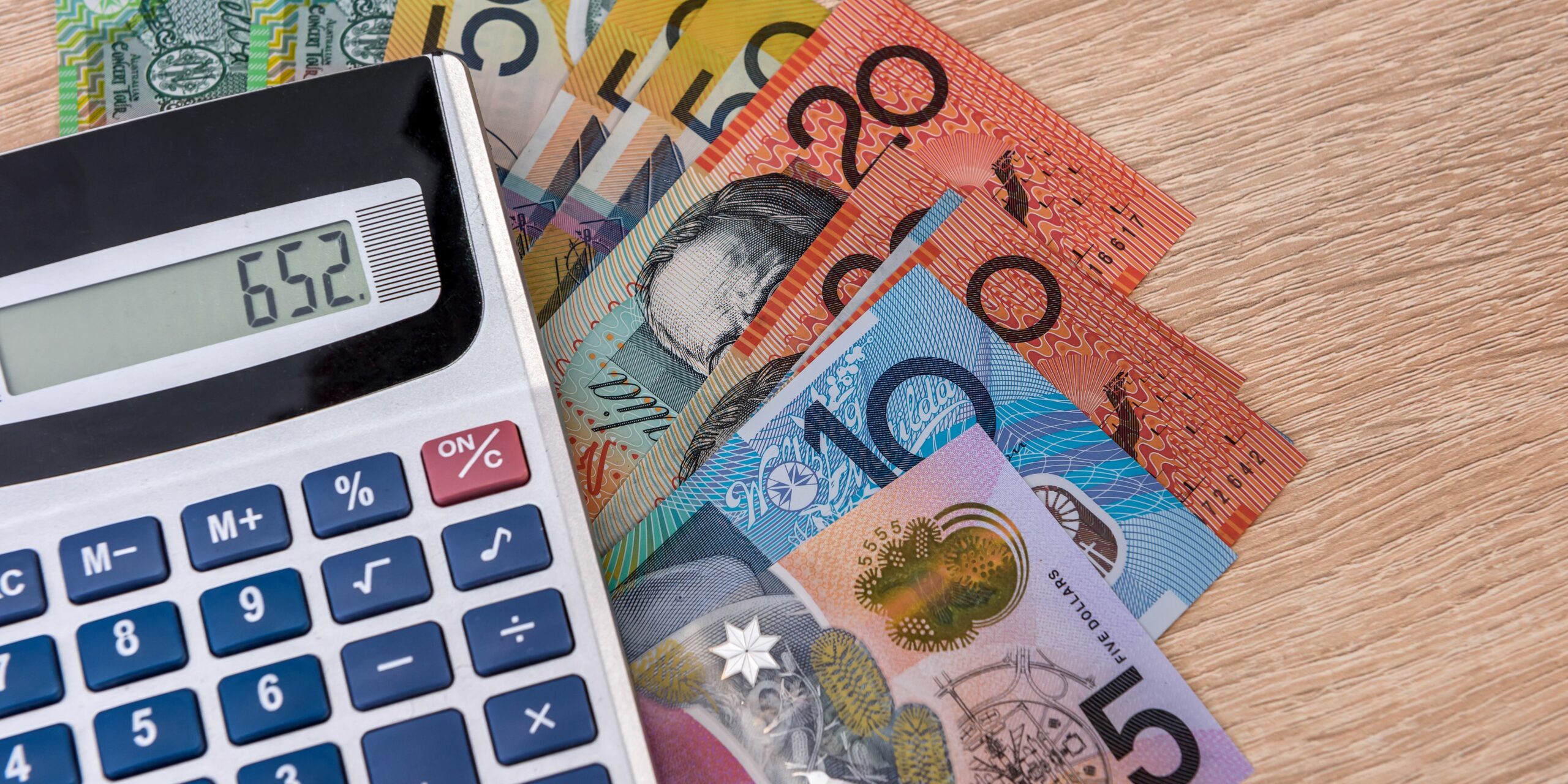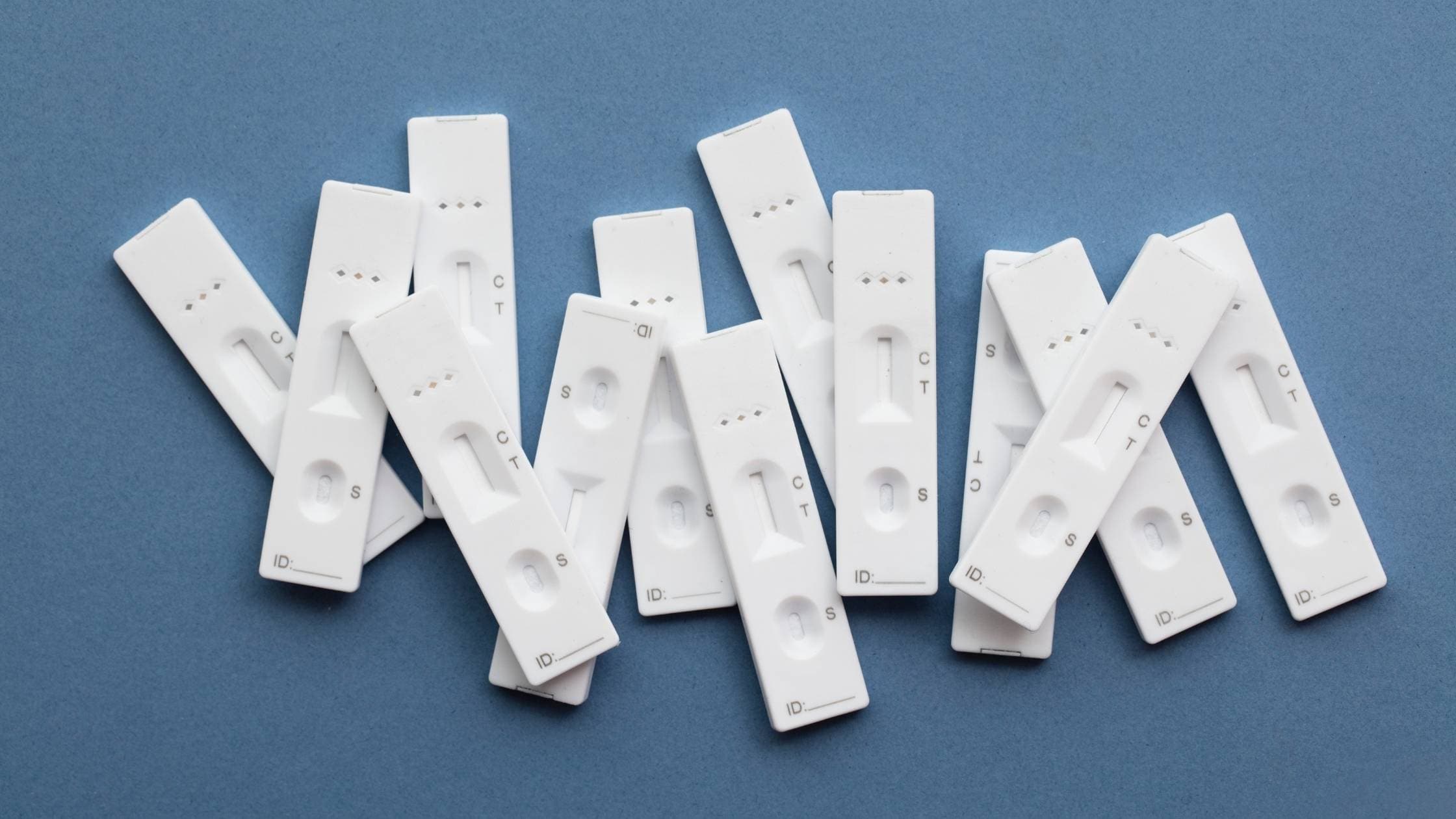ATO reminds SMSFs to keep good records
How self-managed super fund (SMSF) trustees can meet their responsibility to keep accurate tax and super records.
Keeping good records
Keeping good records is more than just knowing which records to keep and for how long. It involves having a system for organising and maintaining records that makes it easier for you, and any SMSF professional you use, to:
- complete the fund’s independent audit each year
- lodge your fund’s annual return.
It may also help reduce audit and administration costs for your fund.
To help keep your records organised, you may want create separate files for your fund’s more permanent records, and for records that relate to a specific financial year.
For example, in your permanent file you may want to keep:
- the fund’s trust deed
- the fund’s investment strategy
- details of the regular reviews of the fund’s investment strategy, including the consideration of insurance for members of the fund
- reasons for decisions on the storage of collectables and personal use assets
- minutes of trustee meetings
- all signed trustee declarations
- records of trustees consenting to their appointment as a fund trustee
- records of all changes in fund members and trustees.
As each SMSF is unique, with its own investment strategies to achieve its objectives, you should consult with a professional licensed adviser when setting up a record-keeping system that suits your fund.
Keeping all relevant records together will simplify the process of compiling the records you need to give to your fund’s independent auditor. If your fund regularly holds trustee meetings, you could create a separate folder for them, and sort them by date.
Take minutes of all investment decisions
You should take minutes of all investment decisions, including:
- why a particular investment was chosen
- whether all trustees agreed with the decision.
This is because if you, as one of the fund’s trustees, invest the SMSF’s money in an investment that fails, the other trustees could take action against you for failing to be diligent in your duties.
However, if your investment decision was recorded in meeting minutes signed by the other trustees, you will have a record to show that they agreed with your actions.
Signature requirements for financial statements
Under Australia’s super laws, SMSF trustees must sign their SMSF’s financial statements before finalising their annual audit. This includes an operating statement and a statement of financial position which must be signed by the required number of trustees or directors of the corporate trustee.
Minimum record-keeping requirements
The most important reason for keeping good records is that it’s a legal requirement for you to do so. You may also need to provide accurate records to us if we ask to see them.
You need to keep any SMSF records for a minimum of 5 years.
Despite what you may have heard or read elsewhere, you cannot access your super before you retire unless you meet one of the very few exceptions to this fundamental rule of super law. Read more »









